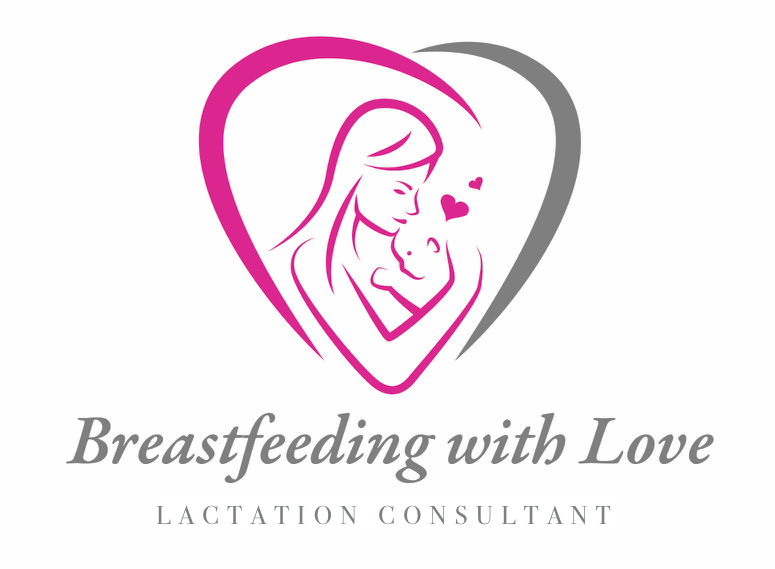Can You Overfeed A Breastfeeding Baby?
The American Academy of Pediatrics recommends exclusively breastfeeding for the first 6 months of life and to continue for at least one year. In fact, babies who are exclusively breastfeeding, do not need water or other liquids. Your breastmilk has all the water and nutrients a baby needs. You can add solid foods after 6 months or a little sooner if your doctor recommends that to you for your baby. What is the normal weight gain for a newborn? In the first few weeks, gaining a half to one ounce a day is normal. One to two pounds per month to six months after that is normal. One pound from six months to one year is great.Ask your doctor if your baby is on target for good weight gain. If you need to supplement, call a Lactation Consultant to help find good options for you. Wait for feeding cues to feed your breastfeeding baby. Your baby will let you know when it is ready to eat. Licking, smacking or sucking on its hands are signs of feeding cues. Rooting, opening its mouth and moving towards the breast is another. Rapid eye movement can also be an early feeding cue. A baby who is irritable, may not be getting enough to eat. Crying is a late feeding cue. Sometimes, I tell my moms that when a baby is crying out of control, to calm your baby down, you can finger feed your baby to calm your baby down. This way you will have a more successful breastfeeding session. In the beginning, breastfeeding you baby every 2-3 hours is normal. If you do not know what finger feeding is, call a Lactation Consultant. If a baby is too gassy, having a lot of tummy problems or spits up, inform your pediatrician.There may be help for that. Your doctor may decide that you are overfeeding your baby because of these problems. Additionally, your baby may be doing too much spitting up. This may be a sign of reflux problems or overfeeding. A baby who is colicky may be eating too much. In fact, sometimes you may think you are over feeding but, during a growth spurt, a baby may eat every few hours, cluster feed or eat more than normal. Don't worry, your baby will go back to a slower eating pace within a few days. Continue to breastfeed because breastfeeding has a special healing power for a baby's gastrointestinal tract. It is the best nutrition for your baby's diet. In the beginning, you should feed on demand, however, don't let more than three hours go by without feeding your newborn. As far as breastfeeding goes, you have a few options, for the first weeks . I tell my new moms to alternate sides.Feed the baby on the first side for 10-30 minutes, the meal and 10-15 minutes, on the other side, the dessert, as I call it. You can also feed the baby for 15 or 20 minutes on each side. As the baby grows, the baby may only want one side for ten minutes, which is normal. Foremilk is the first breastmilk your baby gets during your breastfeeding sessions. Hind milk is further back. This milk has more fat. This helps the baby feel more full. Both hind milk and foremilk are important for the baby's development. Remember to label your breastmilk before you refrigerate or freeze it. Allow your baby to empty your breast. You will know when your breast softens.Do not allow the baby to comfort feed. Try not to let your baby fall asleep at your breast. Try to massage your breast while breastfeeding. Also, help keep the baby up by undressing the baby and feeding your baby with only its diaper on or gently touching your baby's neck, hand, back or feet. This way, you will have a quality breastfeeding session and be able to space out your breastfeeding sessions. I get a lot of calls from moms who need to return back to work and still want to breastfeed. You should pump at least every four hours while at work. Depending on how old the baby is, you can make bottles 3-4 ounces and leave it with your helper.Try to breastfeed your baby before you go to work and once you return from work. Many moms go to work and I know how hard it is to pump and be separated from your baby because I did this too. Keep a cooler at work or refrigerate your milk. In a cooler, it can last up to eight hours. Take it home every day with you for the next day. In conclusion, breastmilk has all the nutritional components a baby needs for a perfectly well-balanced diet. Watch for feeding cues. Make sure your baby is hungry and does not just need comforting at your breast. For further questions, you can call me at 713-540-8692. Lastly,I have gotten many calls on this subject lately so, this is what inspired me to write this blog this evening. I hope I have helped . I know this subject is important to all breastfeeding moms.

